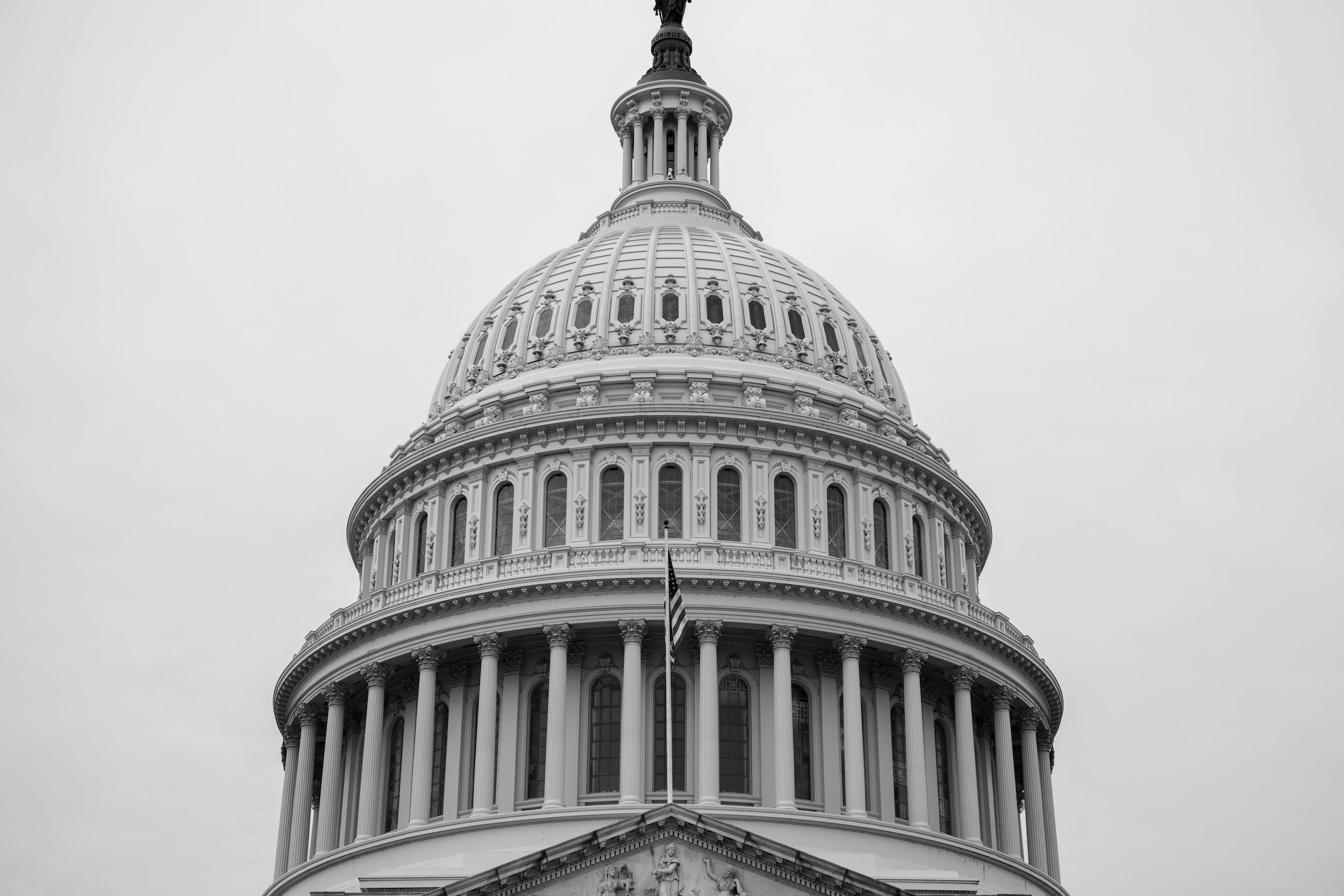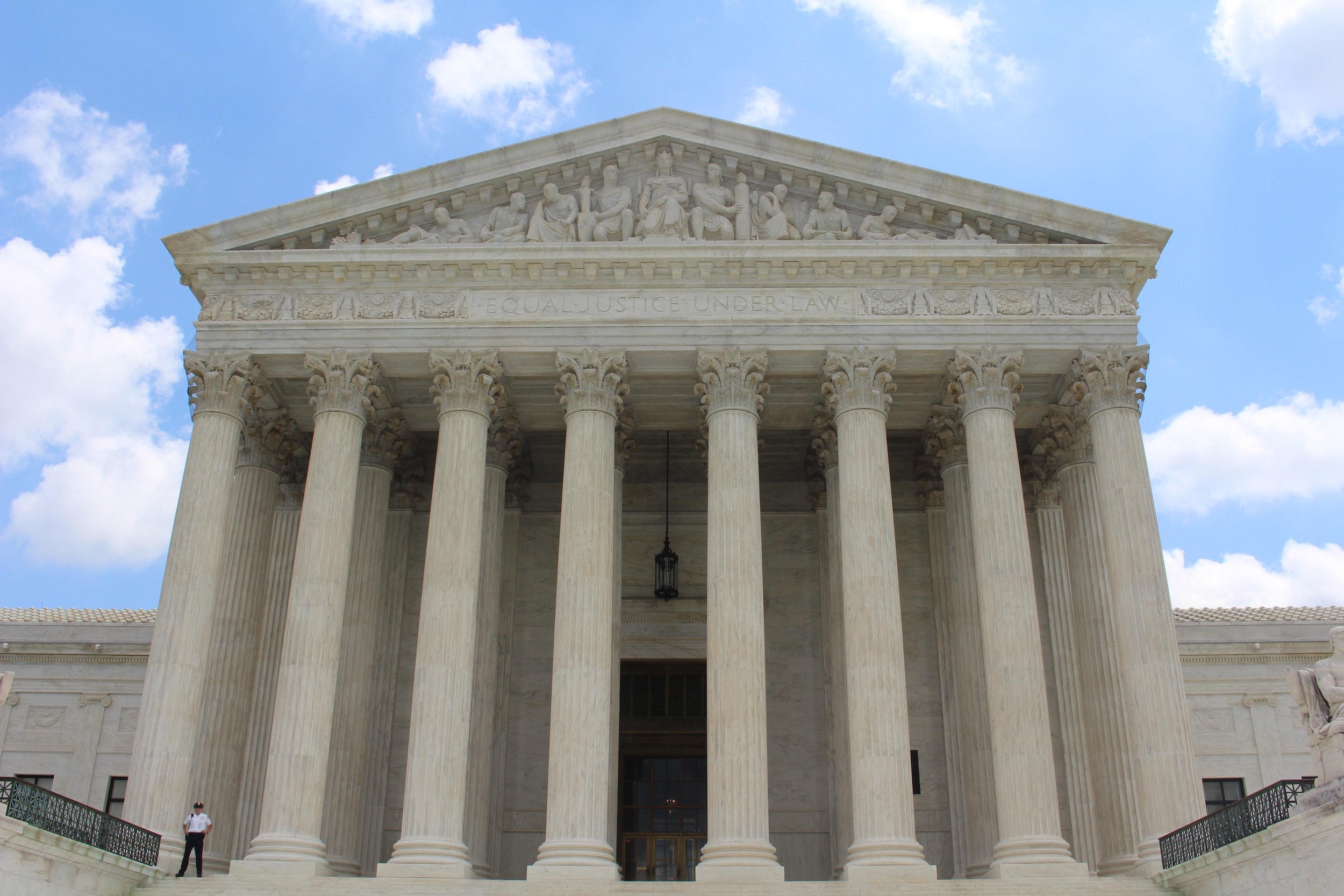Section 510 of the Labor Code and the applicable IWC Wage Order require employers to pay overtime for hours worked beyond eight in a day and forty in a week (and double-time as provided in the statute and Wage Order).
READ MORE
Section 510 of the Labor Code and the applicable IWC Wage Order require employers to pay overtime for hours worked beyond eight in a day and forty in a week (and double-time as provided in the statute and Wage Order).
READ MORE
Under the California Fair Employment and Housing Act (“FEHA”), an employer may not “discharge, expel, or otherwise discriminate against any person because the person opposed any practices forbidden under [FEHA] or because the person has filed a complaint, testified, or assisted in any proceeding under [FEHA].” Cal. Gov. Code § 12940(h).
FEHA retaliation claims follow the McDonnell-Douglas burden-shifting framework. Yanowitz v. L’Oreal USA, Inc., 36 Cal.4th 1028, 1042 (2005). To establish a prima facie case for retaliation, the employee must establish that (1) they engaged in an activity protected under FEHA, such as filing a discrimination claim; (2) the employer subjected them to adverse employment action; and (3) there was a causal connection between the employee’s protected activity and the employer’s adverse action. Id. Once the employee has established a prima facie case for retaliation, the burden shifts to the employer to provide a legitimate, nonretaliatory explanation for the adverse employment action. Id. Should the employer successfully rebut, the burden shifts back to the employee to prove intentional retaliation. Id.

The plaintiff’s prima facie burden in a retaliation case is to (1) show he or she engaged in a protected activity, (2) the employer subjected the employee to an adverse employment action, and (3) a causal link exists between the protected activity and the employer’s action. (McRae v. Dept. of Corr. & Rehab. (2006) 142 Cal. App. 4th 377, 386). Once the plaintiff has established a prima facie case of retaliation, the defendant must provide a legitimate, nonretaliatory explanation. The burden then shifts back to the plaintiff to show this explanation is merely a pretext for the retaliation. (Morgan v. Regents of University of California (2000) 88 Cal.App.4th 52, 68–9.)
An employer is prohibited from retaliating against a complainant who made “a bona fide oral or written complaint to his employer of unsafe working conditions, or work practices, in his employment or place of employment.” (Labor Code § 6310(b).) In order to be protected against discharge, a complainant need only make a good faith complaint about working conditions that he believes to be unsafe. (Cabesuela v. Browning-Ferris Industries of California, Inc. (1998) 68 Cal.App.4th 101, 109; Hentzel v. Singer Co. (1982) 138 Cal.App.3d 290, 299.)

To establish a prima facie case of retaliation, a plaintiff must show that (1) they engaged in a protected activity, (2) that they were thereafter subjected to adverse employment action by their employer, and (3) there was a causal link between the two. Iwekaogwu v. City of Los Angeles, 75 Cal.App.4th 803, 814 (1999), quoting Flait v. North American Watch Corp., 3 Cal.App.4th 467, 476 (1992).
In order to be protected against discharge, a complainant need only make a good faith complaint about working conditions that they believes to be unsafe. Cabesuela v. Browning-Ferris Industries of California, Inc., 68 Cal.App.4th 101, 1009 (1998) [emphasis added]. An employer is prohibited from retaliating against a complainant who made “a bona fide oral or written complaint to [their] employer of unsafe working conditions, or work practices, in [their] employment or place of employment.” Labor Code § 6310(b) [emphasis added].
READ MORE
The test for whether a worker is an independent contractor or an employee is whether the employer has the right to control the manner and means of the worker’s performance. S. G. Borello & Sons, Inc. v. Department of Industrial Relations (1989) 48 Cal.3d 341, 349–351. A number of different factors contribute to the extent of control that an employer exercises over its workers: (1) the right to discharge at will, without cause; (2) whether the principal or the worker supplies the instrumentalities, tools, and the place of work for the person doing the work; (3) the length of time for which the services are to be performed; (4) the method of payment, whether by the time or by the job; (5) whether the one performing services is engaged in a distinct occupation or business; and (6) whether or not the work is part of the regular business of the principal. Id.
READ MORE
“The California Supreme Court has developed a multi-factor test for determining employment status.” Ruiz v. Affinity Logistics Corp. (9th Cir. 2011) 667 F.3d 1318, 1324, quoting S.G. Borello & Sons, Inc. v. Dept. of Indust. Rel. (1989) 48 Cal.3d 341 (“Borello”). “[U]nder California law, once a plaintiff comes forward with evidence that he provided services for an employer, the employee has established a prima facie case that the relationship was one of employer/employee.” Narayan v. EGL, Inc. (9th Cir. 2010) 616 F.3d 895, 900, citing Robinson v. George, (1940) 16 Cal.2d 238, 243-244. “Once the employee establishes a prima facie case, the burden shifts to the employer, which may prove, if it can, that the presumed employee was an independent contractor.” Id. (citation omitted).
Under California law, primary test of an employment relationship is whether “the person to whom service is rendered has the right to control the manner and means of accomplishing the result desired….” Borello, supra, at 350. While the right to control work details is the most important factor, there are also “’secondary’ indicia of the nature of a service arrangement.” Id. These secondary factors, principally derived from the Rest.2d Agency, include

It is the public policy of California that workers not be fired based on their disability, because they have reported illegal activity, or because they have refused to participate in illegal activity.
California Labor Code section 1102.5(b) prohibits an employer from retaliating against an employee for reporting to a government agency any activities that he reasonably believes to violate a state or federal statute. Labor Code §1102.5 further prohibits retaliation for refusing to participate in any action that would lead to the violation of any state or federal statute. It is illegal to perform contracting work in California without a license (See, e.g. Bus. & Prof. Code§7028). Insurance Fraud is a crime under both Federal and State law (18 U.S.C. §§1341, 1343; Cal. Ins. Code §§1871, et seq.).

California Code of Civil Procedure section 2025.420 subdivision (b) provides that, “the court, for good cause shown, may make any order that justice requires to protect any party… from unwarranted annoyance, embarrassment, or oppression, or undue burden and expense.” Code Civ. Proc. § 2025.420 (b)(12) expressly authorizes the court to exclude from a deposition “designated persons, other than the parties to the action and their officers and counsel.”
READ MORE
Wrongful termination from employment is tortious when the termination occurs in violation of a fundamental public policy. Gantt v. Sentry Insurance (1992) 1 Cal.4th 1083, 1090. A policy is “fundamental” when it is “carefully tethered” to a policy “delineated in constitutional or statutory provisions” (id. at p. 1095), involves a duty affecting the public at large, rather than one owed to or imposed solely upon the parties to a dispute (id. at 1090), and is “well established” and “sufficiently clear” to the employer at the time of the discharge. Id. Wrongful termination cases typically arise when an employer retaliates against an employee for refusing to violate a statute, performing a statutory obligation, exercising a statutory right, or reporting an alleged violation of a statute of public importance. Turner v. Anheuser-Busch, Inc. 7 Cal.4th 1238, 1256 (1994). However, as noted in Soules v. Cadam, Inc. 2 Cal.App.4th 390, 401 (1991), an action for tortious discharge is not strictly limited to these situations but will lie “wherever the basis of the discharge contravenes a fundamental public policy.”
READ MORE